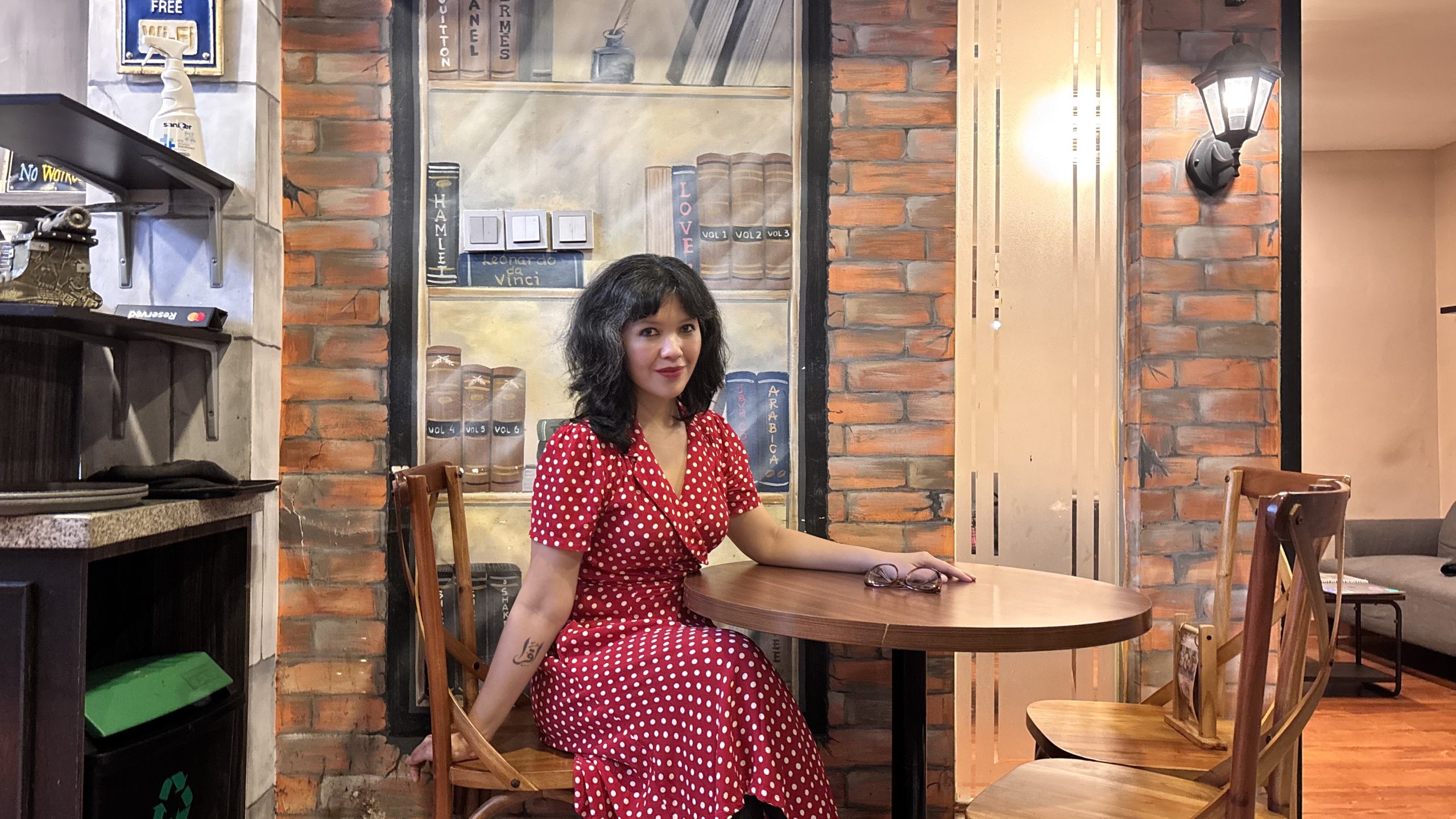The Virtual Traveler – Around Indonesia in One Afternoon

In university, I was an ardent nationalist. I really loved Indonesia, since I believed that post–Suharto Indonesia was democratic, multicultural and improving. I believed that violence, corruption and religious conflicts were things of the past.
If that sounds really stupid, it is because I was living in the most livable city in the world and certainly my visions of Melbourne and Bandung got all mixed up. I went home every summer (December-January) holidays to spend time in malls buying re-released Kompas Gramedia books first published in the funky 1980s, talking about anime and college girls with my friends from high schools, and watching Metro Xin Wen news program celebrating the life of middle class Chinese-Indonesians.
So my nationalism followed Australian nationalism – secular, civic, post-racial. Needless to say, years later I felt duped, by no one, I understand, but myself. Millennial Indonesia was not really changing for my family, while my bros lived in the trinity of church, campus, and cartoon worlds.
After learning about my own country in university, I dreamed about touring Indonesia, seeing every major island. I forgot that the reason I loved going home to Bandung was because I always had a stopover at Changi Airport, and that I couldn’t stop talking about Melbourne on the car ride to Bandung, or that I would spend the first evening at home watching English football or MTV.
Luckily some people did the work for lazy me. I did travel to Pontianak to attend a bro’s wedding (where I impossibly became his only Indonesian guest – the rest were Singaporeans and Malaysians) and, of course, there’s Bali. Exactly one year ago I decided to cross through Java. By train. Executive class. For my friends who enjoyed the beaches of Raja Ampat, Bangka, and Karimun Jawa, that sounded silly – why waste a whole day on the train, if one can reach Surabaya in an hour by plane?
In Surabaya I tracked my untaken path through the hard work of cartoonist Benny Rachmadi, who created a gang of three old men touring Java coast-to-coast on a Honda CR-V. So I got glimpses of Semarang and Surakarta, even though I wasn’t there. And as if they were balancing me, the old men don’t spend a lot of time in Surabaya. Even the story stops abruptly in Garut, West Java (“and so they drive home to Jakarta”), without anything said about Bandung.
Even better for me, an Anglo-American woman has done my Indonesia dream trip and wrote a book about it. She had boldly gone where most of us wouldn’t care to visit. I finally bought Elizabeth Pisani’s Indonesia Etc., since it was one of The Economist’s 2014 Books of the Year. Yes, that’s the main reason.
One of the book’s drawbacks for The Economist is its focus on the unbeaten paths of Indonesia instead of Java and Bali. That’s Pisani’s intention. Certainly when you’re reading the first quarter of the book, you’d think “Come on, must you dwell so long in eastern Indonesia?” But she expertly links her time sailing with whalers of Sumba (described by Daily Mail as “stone-age whale hunters”), seeing traces of dubious Chinese mines in Halmahera, and comprehending why fishermen of Sangihe and Talaud Islands are tempted to sell their catch in the Philippines with explanations to global readers on why corruption is deeply entrenched in Indonesian culture (patronage), the point of Pancasila (Javanese conservatism), and the root of ethnic and religious conflicts in Indonesia (competition for resources).
Pisani flew from Manado to Jakarta (at the urge of a local woman with her namesake) and turned off her Indonesian friends by enthusiastically recounting her eastern Indonesian trek in what I guess is Kuningan City Mall. We go to the second half then, western Indonesia. She starts with Aceh. It is the first thing Indonesian children study in geography. Aceh, along with East Timor, was the reason Pisani lost her position as a Reuters’ correspondent for Indonesia back in 1991. No Chinese-Indonesian would go there willingly for any reason.
And yet it was in Aceh that Pisani found the first Chinese-Indonesians who talked to her (apart from a locksmith in Sumba). They were restaurateurs and entrepreneurs who were courted by a number of local political parties. The former GAM guerrillas still want to get rid of the Javanese, but they need the Chinese’s money, cars, and printing shops. And delicious seafood.

Pisani went to Western Kalimantan, and in Singkawang saw poor Chinese-Indonesians for the first time. She talked to native Kalimantan people (the Dayaks) who still believe the mutilated Madurese got what they deserved back in late 1990s, and are disgusted with any attempt to fuse Malay arts and dances with theirs.
Finally, Java. She describes the dualism of Islam and Kejawen (the mixture of Islam and Javanese Hindu) in Surakarta, and argues that both the Islamic Defender Front and the PKS party don’t stand for the “Arabization” of Indonesia. They are just gimmicks and tools used by thugs and crooks interested with votes and power. Food for thoughts as we are facing the prospect of total bans of all alcohol drinks in Indonesia.
So why are they flourishing? Most of us won’t take to the street, risking our limbs torn and our genitals groped by criminals who used Pancasila in 1995 and Islam in 2015. To quote Air Force General Djoko Suyanto, we don’t give a shit – about Ahmadis, about the poor, about Christians, about gays and sex workers, about Indonesia.
Like me a year ago, Pisani treats Surabaya as the finish line, the Californian coast, via the flooded Semarang and after participated in a raunchy skit on a wayang night outside Yogyakarta. Like me, she sees a glimpse of better Indonesia in Surabaya – collective action without feudalism where business, local government and the public work together to clean the city.
So Pisani flew home and I closed the book, satisfied that I’ve toured Indonesia from the comfort of a backyard couch. I thank her for answering dozens of my questions about Indonesia, although living with the answers is the harder part.






















